Leslie Jamison's 6 favorite books about addiction
The acclaimed author recommends works by David Foster Wallace, Billie Holiday, and more
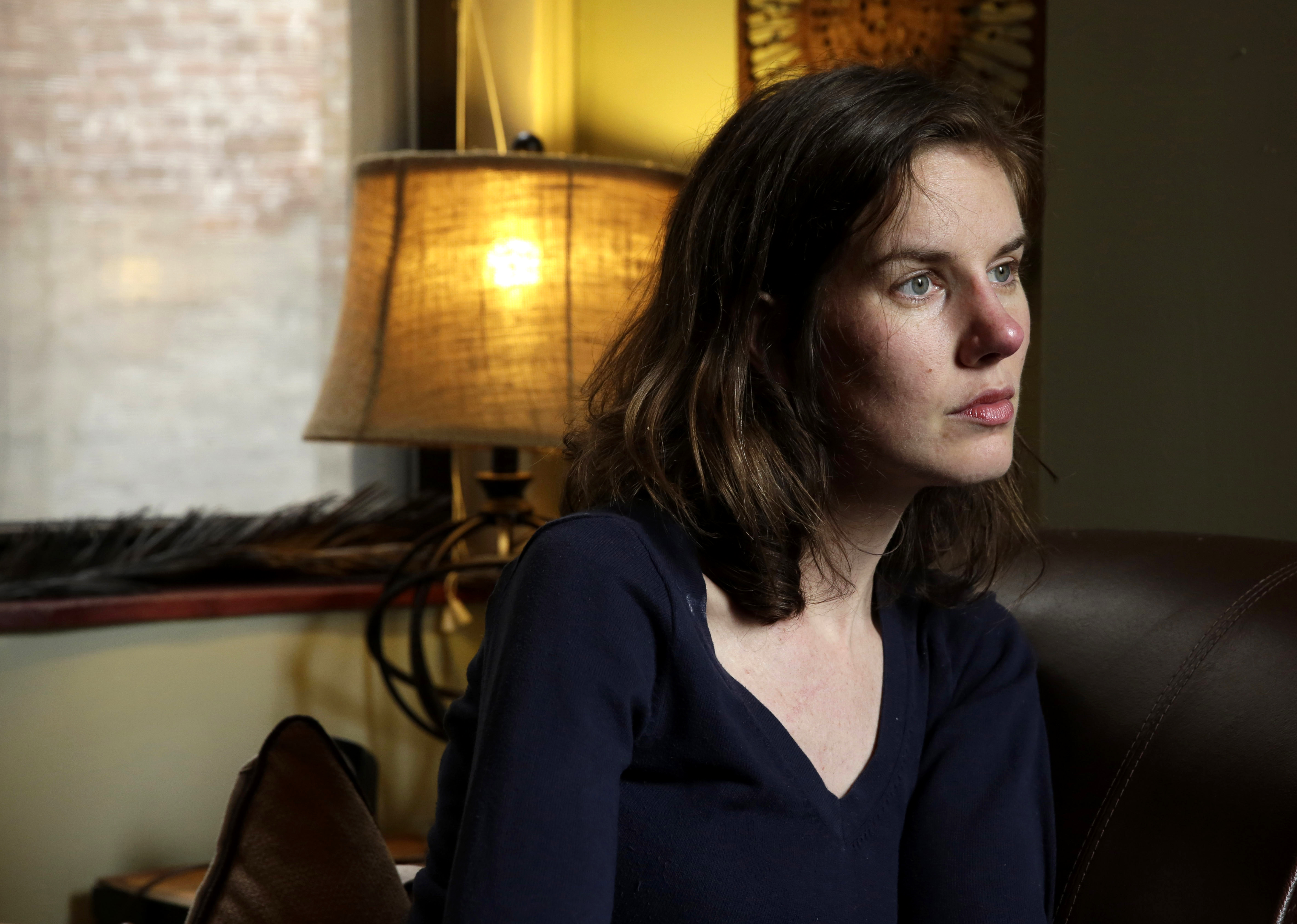
A free daily email with the biggest news stories of the day – and the best features from TheWeek.com
You are now subscribed
Your newsletter sign-up was successful
Novelist and essayist Leslie Jamison is the author of The Empathy Exams and The Recovering, an acclaimed memoir, now out in paperback, that chronicles her struggles with alcoholism. Below, she names six favorite works of addiction literature.
Jesus' Son by Denis Johnson (1992).
These stories follow their unnamed narrator through a feverish Midwestern landscape contoured by wonder, terror, and hallucination. At one point, he is convinced he is wandering through a stranger's dream; at another, drive-through movie screens play footage of angels. And recovery arrives in a most unexpected setting.
The Week
Escape your echo chamber. Get the facts behind the news, plus analysis from multiple perspectives.

Sign up for The Week's Free Newsletters
From our morning news briefing to a weekly Good News Newsletter, get the best of The Week delivered directly to your inbox.
From our morning news briefing to a weekly Good News Newsletter, get the best of The Week delivered directly to your inbox.
Lady Sings the Blues by Billie Holiday (1956).
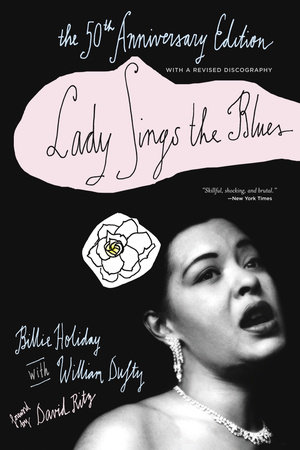
In her searing memoir, Holiday resists the ways other people turn her heroin addiction into something mythic or villainous. Instead, with her sharp eye trained on the racial politics of drug laws, she recounts the unrelenting toll of an addiction that took her to prison (where she tried to make moonshine from potato peelings). Ultimately, it took her to a Manhattan hospital where she died handcuffed to her bed.
Infinite Jest by David Foster Wallace (1996).
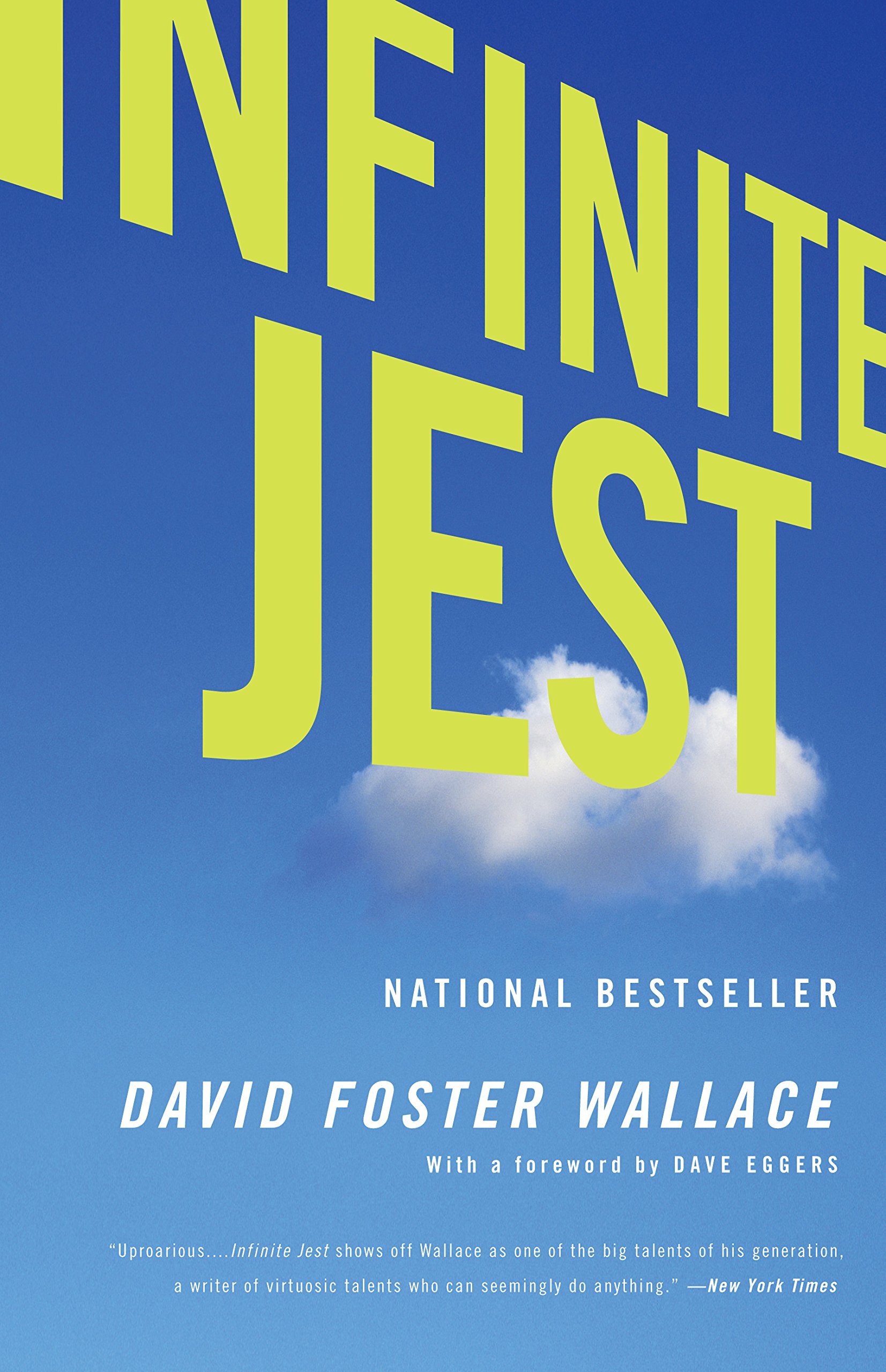
I first read Infinite Jest when I was nine months sober, and found an unexpectedly poignant account of recovery where I'd been expecting mere intellectual virtuosity. Don Gately is easily the most compelling fictional rehab house counselor you'll ever meet.
A free daily email with the biggest news stories of the day – and the best features from TheWeek.com
Good Morning, Midnight by Jean Rhys (1939).
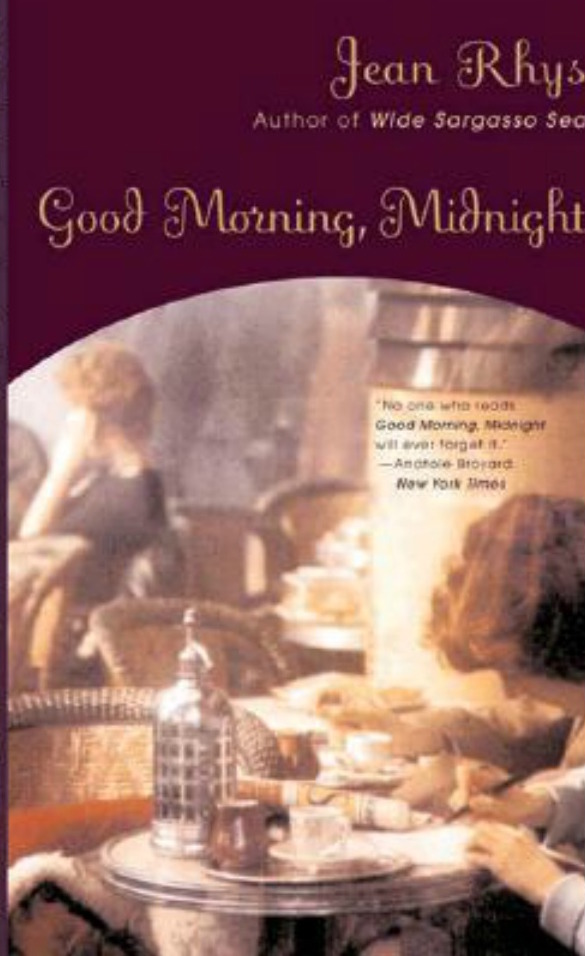
How can a book so unapologetically bleak also be so deeply compelling? With sentences like razors, Rhys makes the story of an alcoholic drinking herself to the brink of death impossible to turn away from. It's a gripping story that feels simultaneously sadistic and illuminating.
Calling a Wolf a Wolf by Kaveh Akbar (2017).
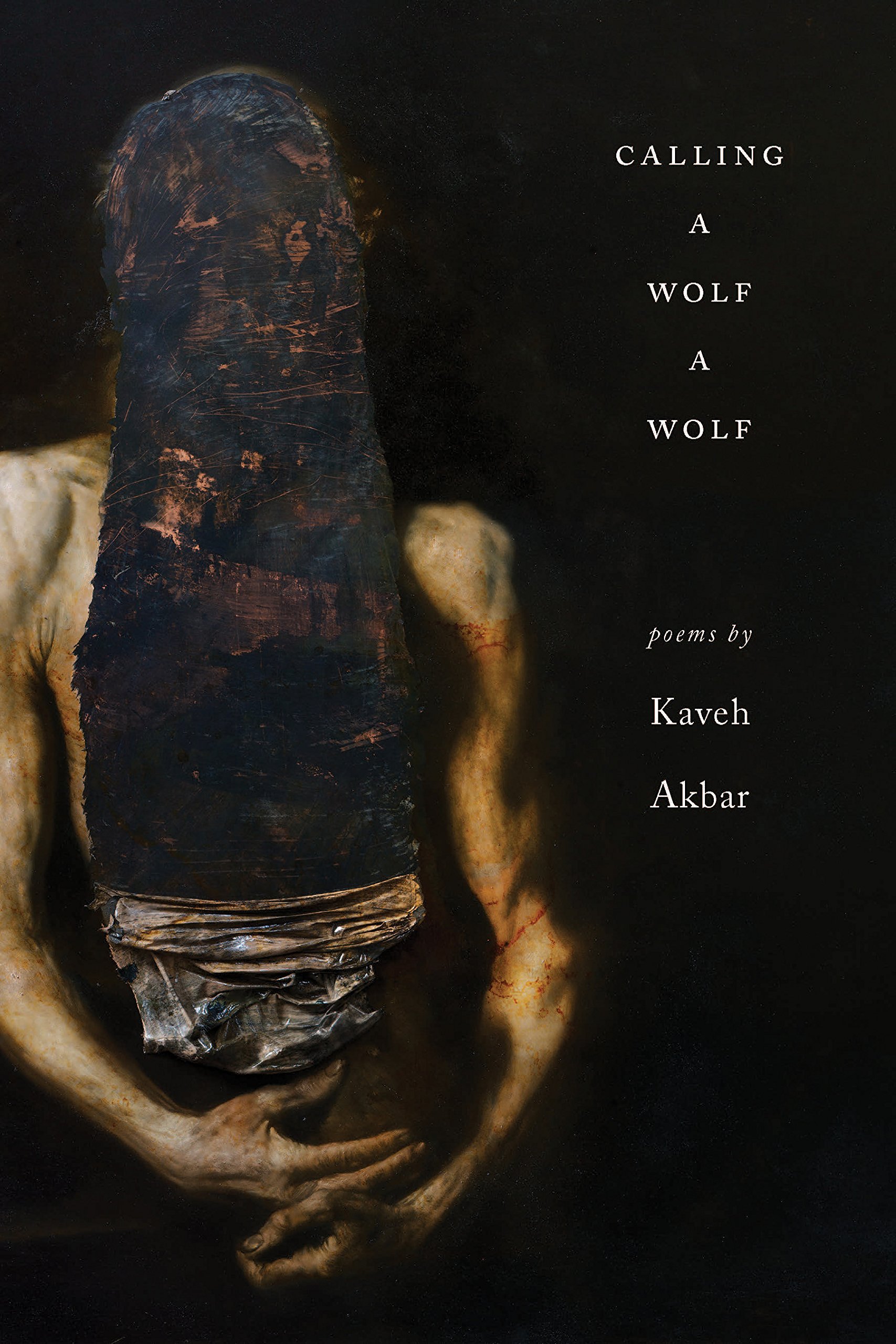
This glorious, dumbstruck, searing collection of poems — saturated with desperation and gratitude — includes a series of "portraits of the alcoholic": "With Home Invader and Housefly," "With Doubt and Kingfisher," "With Withdrawal." Akbar observes the granular texture of sobriety — the severity of its miracles and the range of its grace.
Blueschild Baby by George Cain (1970).
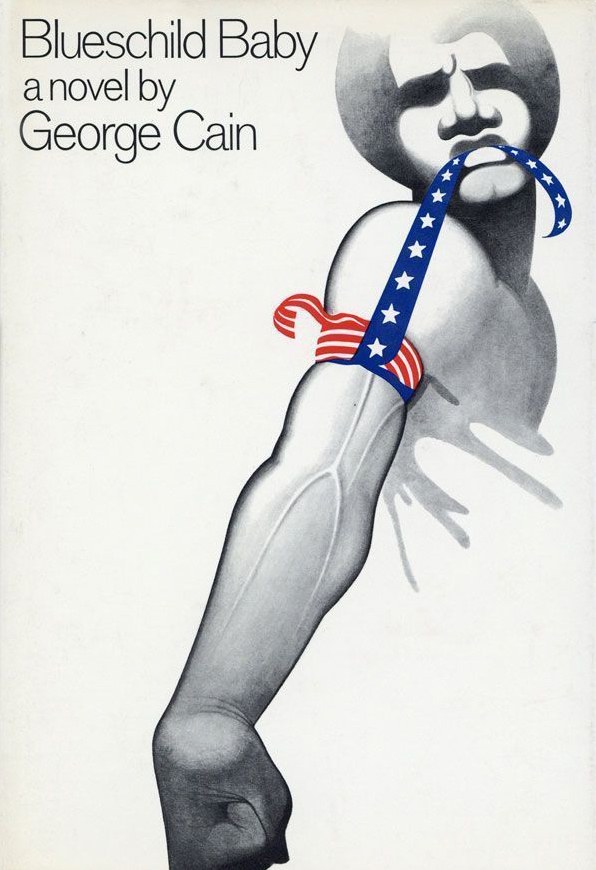
This autobiographical novel about an African-American heroin addict in Harlem trying to stay clean after his release from prison has sadly fallen into obscurity — despite its keen social intelligence, unflinching lyricism, and refusal to pander to a reader's easy sympathies. The novel is being reissued this spring. Hopefully, it will find its rightful place in the American addiction canon.
-
 Will increasing tensions with Iran boil over into war?
Will increasing tensions with Iran boil over into war?Today’s Big Question President Donald Trump has recently been threatening the country
-
 Corruption: The spy sheikh and the president
Corruption: The spy sheikh and the presidentFeature Trump is at the center of another scandal
-
 Putin’s shadow war
Putin’s shadow warFeature The Kremlin is waging a campaign of sabotage and subversion against Ukraine’s allies in the West